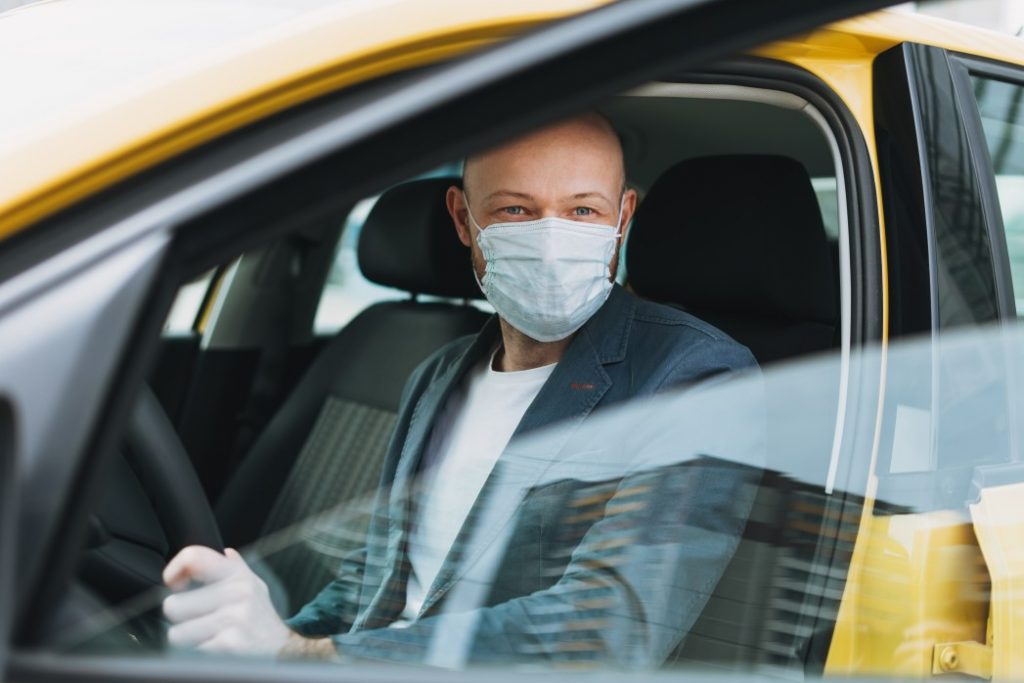Being altruistic can have business benefits.
Ridehailing companies Uber and Lyft are offering to take people in America to get their Covid vaccine for free. Uber is also giving free trips to vaccine sites to elderly people in Japan and teachers throughout the world. The hope is that this move will help motivate people to get vaccinated, which benefits everyone by bringing society closer to herd immunity.
It will also provide a much-needed service to people who want to get vaccinated but do not have access to transportation that is affordable, reliable or accessible. These people are disproportionately likely to also be poorer, older, disabled or otherwise more vulnerable to Covid-19 itself.
Counter-intuitively, providing free rides may also be a good money-maker for Uber and Lyft. New customers who sign up to a service for a freebie often return to it as a paid customer. After all, the app is now already on your phone and you have perhaps experienced how much easier/cheaper/more convenient it is than your usual transportation.
The scheme has also got the companies a load of free marketing and publicity. Heck, the President of the United States tweeted about the free-rides policy. For less well-known companies, such marketing can win them new customers who weren’t previously familiar with their services. But for companies as big and famous as these, it’s probably more about enhancing or rehabilitating their image. Uber in particular has faced a series of scandals in the last few years, being accused of everything from having a sexist office culture to exploiting its drivers. Being seen as doing something good for the community may make more people happy to financially support it again.
Furthermore, one of the biggests financial threats that ‘gig economy’ companies like Uber and Lyft face at the moment is the growing call for governments to mandate that their workers must be treated as employees (instead of freelancers as they currently are). The companies don’t want to do this because they would have to pay a lot of extra money out for things like sick leave and minimum wages. Ridehailing companies may figure that buttering up politicians (including the President!) by supporting their calls for private businesses to help eliminate Covid may help get them on side later on.
Read our explainer on: behavioral economics

